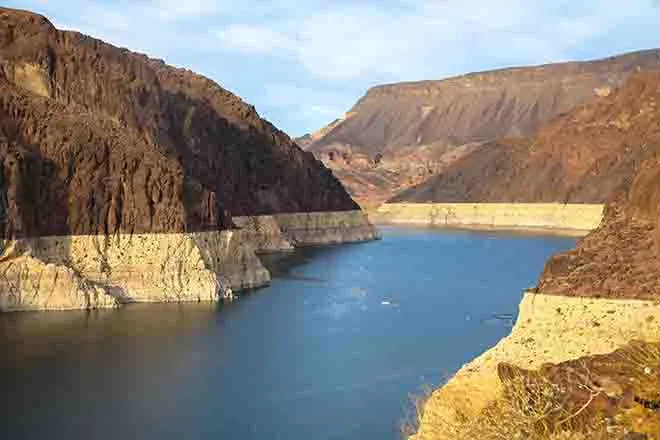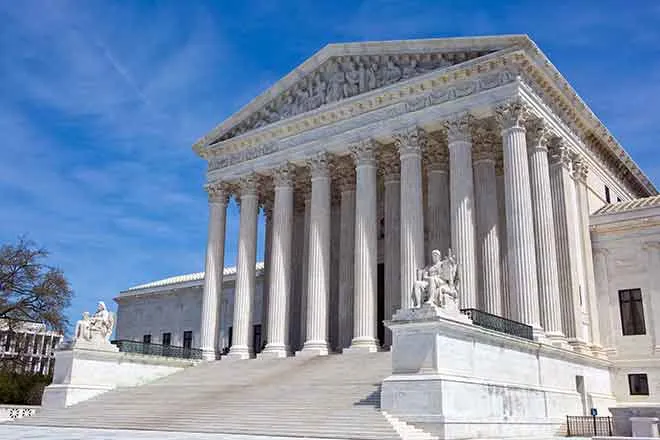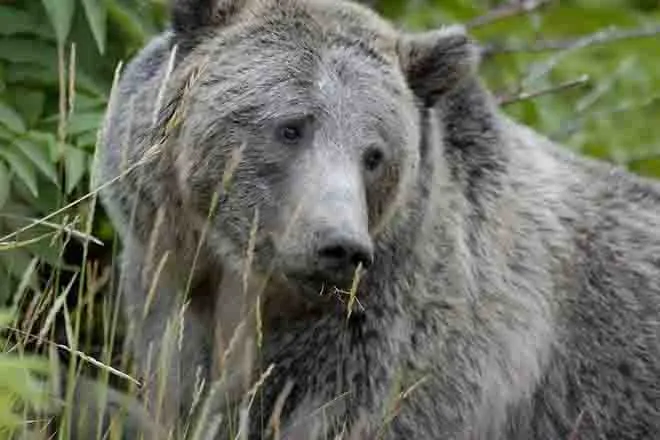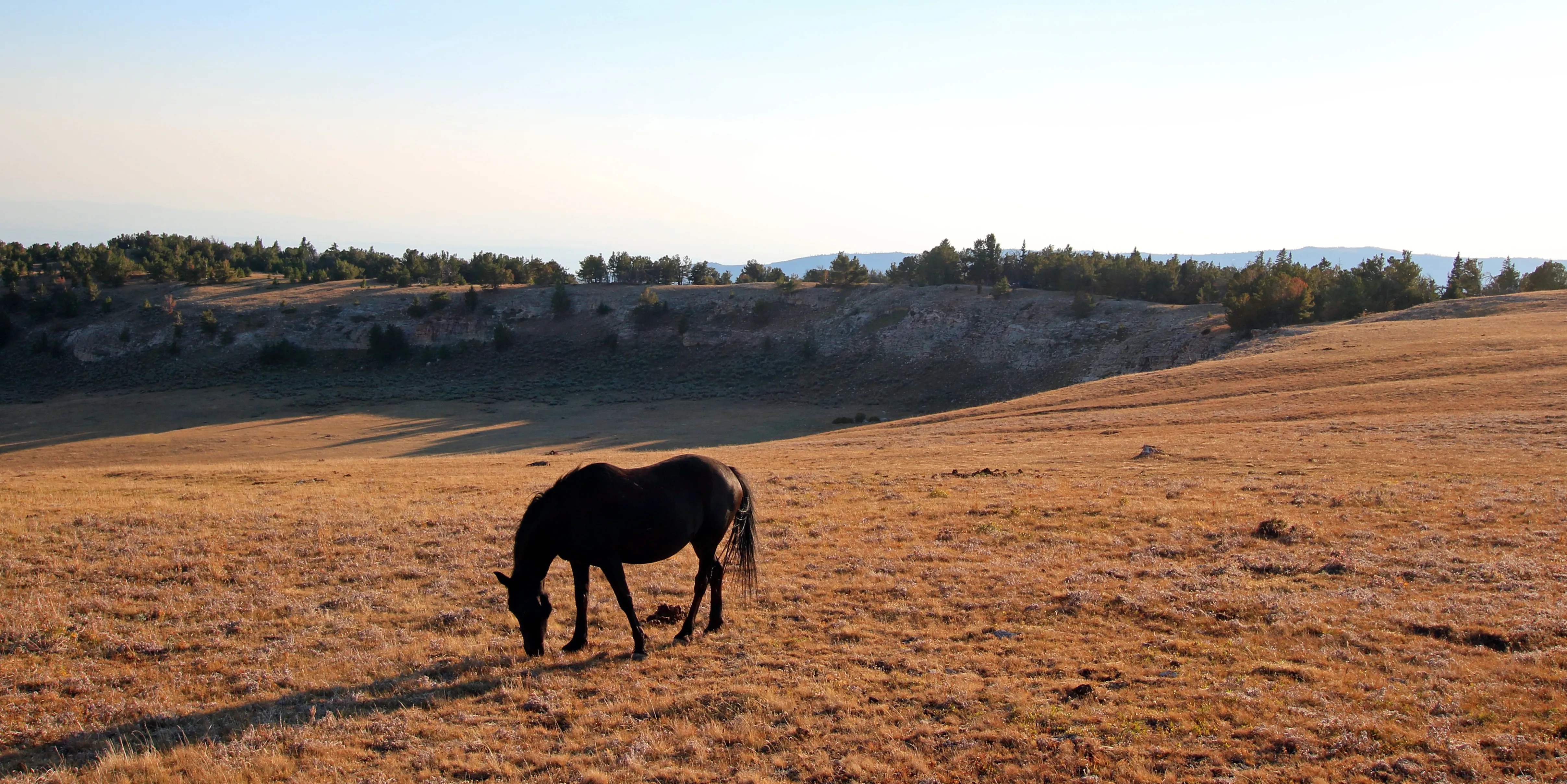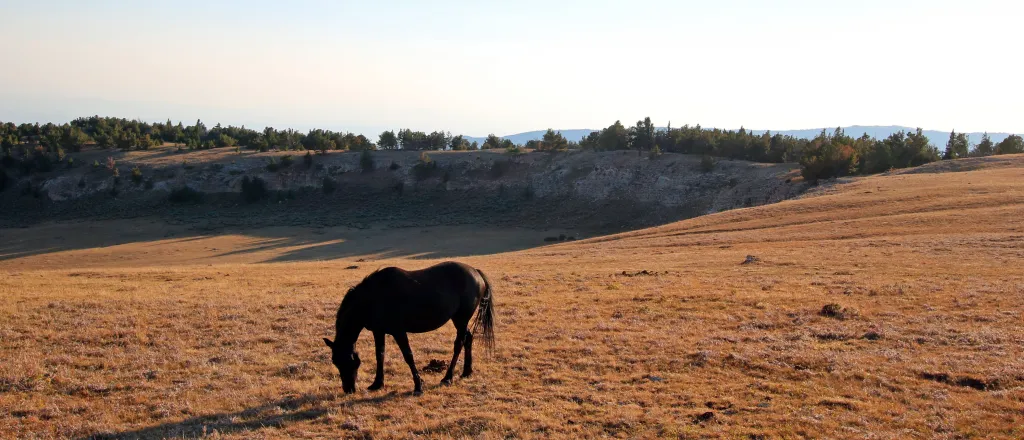
Arizona conservation groups pleased with Biden's move to protect public lands
Click play to listen to this article.
(Arizona News Connection) Arizona conservation groups and sportsmen alike say they're pleased the Bureau of Land Management will now recognize conservation as an integral part of public lands management.
The agency's new rule puts protecting the environment on par with other land-use priorities.
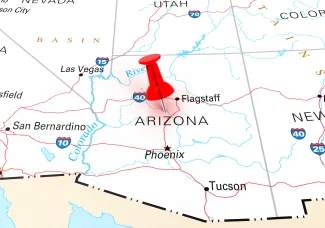
Scott Garlid, executive director of the Arizona Wildlife Federation, said historically the BLM has done what he termed a "pretty good job," not only managing about 12 million acres of public lands in Arizona, but also protecting natural resources.
"They've got a tough job," Garlid acknowledged. "I think this rule helps make their job a little bit easier because it gives them some tools to balance those different demands on the 12 million acres that they manage."
Garlid predicted the rule will raise what he terms "harder-to-quantify conservation values" to the same level of importance as more extractive land uses like oil and gas exploration and mining. He thinks most Arizonans will recognize the new rule as a positive. A solid majority of Arizona voters across party lines say they are conservationists and use public lands for recreation.
To Garlid, the rule makes it clear the BLM is recognizing certain parts of federal lands, in Arizona and around the West, have been degraded. He contended restoration leases will be a good tool, allowing the BLM to lease acres to groups specifically to improve the conditions on a given landscape. He noted opponents of the new rule might see the leases as a way to "lock up" land but he argued it is not true.
"One example could be a nonprofit, like the Arizona Wildlife Federation," Garlid pointed out. "We could get a conservation lease from the Bureau of Land Management to do riparian restoration work, or work to remove invasive species along a creek bank."
According to the BLM, while a restoration or mitigation lease is in place, casual uses of the leased lands like recreation, hunting, fishing and research activities would generally continue.
Support for this reporting was provided by The Pew Charitable Trusts.

